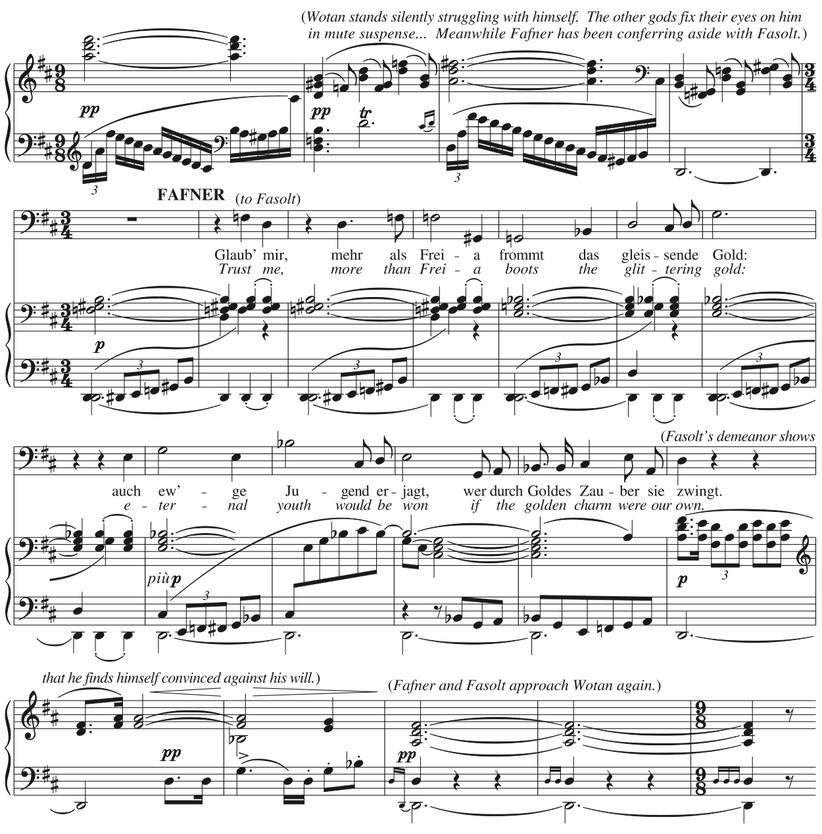SCORE (software)
SCORE is a scorewriter program, written in FORTRAN for DOS by Stanford Professor Leland Smith (1925-2013). It has a reputation for producing very high-quality results, though considered by some people somewhat difficult to learn. It was widely used in engraving during the 1980s and 1990s, although it still has not appeared in a Windows version. It continues to have a small, dedicated following of quality engravers, many of whom regard it as the world's best music-engraving program. Many publications that have earned Paul Revere and German Musikpresse engraving awards are produced with SCORE. SCORE is known for its ability to precisely position symbols on the page, and also allows the user complete control over every aspect of their music through making every possible aspect of music notation manually controllable (this, however, also leads to some difficulty or frustration of use in the program).
The program is more suited to precision engraving of completed music than for composition, where frequent rearranging of notes or insertion or deletion of passages may cause difficulties in SCORE.
Use of the program
SCORE runs under the DOS operating system. Music is entered using an ASCII input code. Optionally a MIDI keyboard can be used to enter pitches. Less common is entering music from a so-called menu staff using a one-click copy-and-paste method. Music notation can be saved in SCORE's proprietary format. These files in most cases have the extensions ".mus" or ".pag" (note that Finale also uses the extension ".mus" while the file format is different). SCORE outputs PostScript graphics that can either be sent to a PostScript printer directly or can be saved as an Encapsulated PostScript file. For creating publications some users import the EPS-graphics into a desktop publishing program.
The program does not have a Microsoft Windows version, but a beta-version of "WinScore" for Windows is currently (as of January 2009[1]) being developed. The DOS program can be used in Windows in the way that many other DOS programs can be used, although this can cause various problems due to not being entirely compatible. A commercial release of the Windows version does not appear to be imminent, despite the widespread desire of younger SCORE users for it. This may well be because, to this day, SCORE has been maintained primarily by one person: its creator, Leland Smith.
As of 2010, the Windows version, often referred to informally as "WinScore", does exist in a Beta version, and is being used by a number of the more proficient and experienced customers. An online database of sorts exists where those beta-testers can submit requests and bug reports. While progress is slow, the program has reportedly advanced from barely usable to essentially useful, albeit with many issues remaining to be solved before wide acceptance can be expected. Some chief complaints include the fairly crude appearance of the user interface (looking more like an early Windows 3.1 interface than a modern one), lack of certain commands that users had come to expect (although these are being added), and apparently arbitrary redefinition of how certain commands are invoked.
There are a number of plug-ins created by long-time SCORE users, which extend the program's functionality.
Smith died on December 17, 2013.[2] With Smith's death, the future availability of the program is in doubt.
Other information
SCORE does not use music fonts but a user editable symbol library based on polygons. This is a heritage from SCORE's origin in pre-PostScript times when it used a plotter for output that probably did not support curves or arcs. Only page text such as the title and composer are saved as text from a font.
Output example

See also
References
- ↑ News vom 1.1.2009
- ↑ Stanford Professor Leland Smith, innovative music creator, dies at 88 Stanford Report, January 10, 2014
External links
- http://www.ccarh.org/courses/253/lab Course at Stanford University which teaches SCORE.
- http://www.ccarh.org/courses/253/handout/scoreinput SCORE 4.0 Music Data Entry Reference Manual
- http://www.winscore.info/index.html Winscore home page